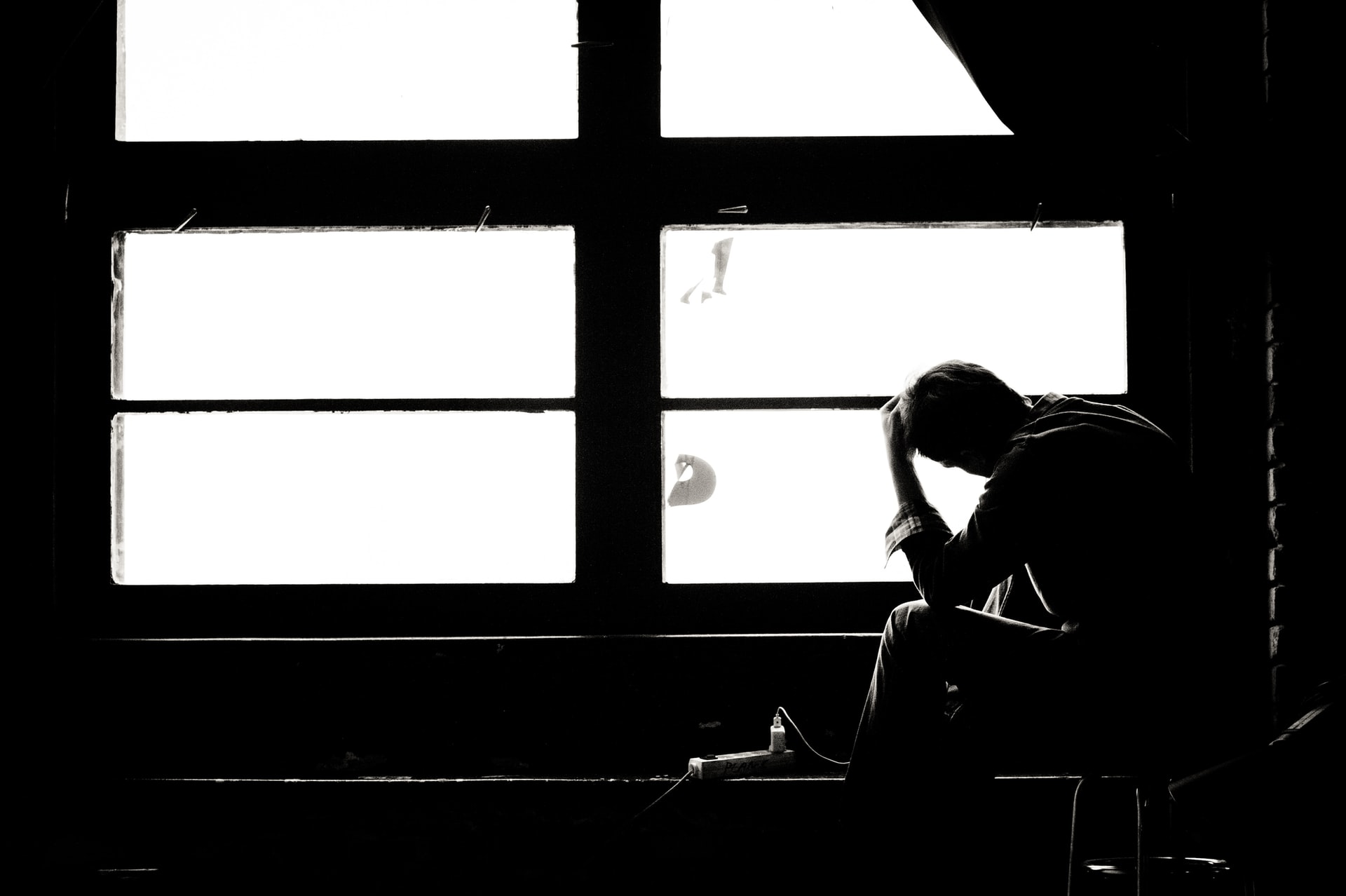War-related Trauma and Anxiety.
In light of the current events unfolding with Russia and Ukraine, we see it as being critically important to highlight the mental health ramifications associated with war-related trauma and anxiety. To start, a traumatic event is one marked with feelings of helplessness, horror, serious injury, or the threat of serious injury of death; a traumatic event can cause physical, emotional, spiritual, and/or psychological harm. Examples of traumatic events include: serious illness, witnessing a death, domestic abuse, rape, incarceration within the criminal justice system, terrorism, and of course, war. Trauma describes the response to a traumatic event and can be marked by impairing anxiety, hypervigilance, and flashbacks.
Many but not all people who experience traumatic events can go on to develop post-traumatic stress disorder (PTSD) According to the U.S. Department of Veteran Affairs, women are more likely to experience sexual assault and child sexual abuse while men are more likely to experience accidents, physical assault, combat, disaster, or to witness death or injury; these traumatic incidents may lead individuals to develop PTSD (2021). About 6% of the U.S. population will develop PTSD at some point in their lives and around 15 million adults will develop and experience PTSD in a given year, only a small portion of those who have endured trauma (U.S. Department of Veterans Affairs, 2021). It is important to note that the previous statistic is just pertaining to data collected in the United States, meaning that PTSD prevalence is relatively unknown in other areas of the world; it is expected to be higher in war-torn countries. Further, international conflict can prompt several forms of traumatic events.
Healing.
Many of us are experiencing emotional difficulty knowing about violence happening to people in another part of the world. We validate that feelings of fear, grief, sadness, and uncertainty are normal emotions to experience during times like these. Amidst all the heavy-hearted content in the news, there are always ways to find hope and support. It is advised to limit news content if it becomes too triggering and anxiety-inducing; limit your news scrolling to one current event article per day, or even limit the amount of time you view. Balance the heavy content with lighter content that soothes your soul, such as heartwarming videos that emanate positivity and remind us that there are still good things happening in the world. We can lean on our friends, family, communities, and mental health professionals as a way of providing ourselves with additional support.
Research on ways to help survivors of war-related trauma may also serve as a source of hope for many. A longitudinal study involving former child soldiers in Sierra Leone’s Civil War (from 1991 to 2002) aimed to shed light on the role that community and family support play in healing, finding that acceptance and support from community and family may lessen the toll of mental health conditions experienced by former child soldiers (Betancourt et. al, 2019). With higher rates of PTSD being found among military veterans and first responders, mental health treatment options are becoming increasingly needed. Ketamine therapy is used to clinically address treatment-resistant depression, PTSD, and chronic pain. Ketamine Wellness Centers LLC (KWC) and the Veterans Administration (VA) have paired up in the states of Illinois and Minnesota to “offer ketamine treatments to veterans at no out-of-pocket cost at their locations in Naperville, IL, and Burnsville, MN. The program will cover patients who are experiencing post-traumatic stress disorder (PTSD), major depression and chronic pain, and who have exhausted all traditional medical treatments” (Delic Holdings Inc., 2021).
We encourage readers to find hope in the positive developments in the mental healthcare sphere, to lean on your support systems, and engage in self-care.
Resources.
- 13 Ways to Help People in the Ukraine Right Now – an article by Forbes providing information and links to nonprofit organizations that aid Ukraine with the current crisis.
- Resilience in a time of war: Tips for parents and teachers of elementary school children: This article from the American Psychological Association can help adults guide their young children beyond fear and to resilience.
- Helping Your Students Cope With a Violent World: Edutopia article features strategies for helping children make sense with historical perspective, feel empowered, and inspire them to feel hopeful.
- How to Talk to Kids About Violence, Crime, and War: Common Sense Media gathers tips and conversation starters to help you talk to kids of different ages about the toughest topics.
- Talking to Your Kids About War: VeryWell Family explores ways families can speak with young people about war, including tips on sharing information and restricting media coverage.
References
Betancourt, T.S., Thomson, D.L., Brennan, R.T., Antonaccio, C.M., Gilman, S.E., VanderWeele, T.J. (2019). Stigma and Acceptance of Sierra Leone’s Child Soldiers: A Prospective Longitudinal Study of Adult Mental Health and Social Functioning. J Am Acad Child Adolesc Psychiatry. 2019 Jun 6. pii: S0890-8567(19)30392-2. doi: 10.1016/j.jaac.2019.05.026. [Epub ahead of print] PMID: 31176749.
Delic Holdings Inc. (2021). Ketamine Wellness Centers Partners with Veterans Affairs (VA) Community Care Network to provide free ketamine treatments to veterans. Ketamine Wellness Centers Partners with Veterans Affairs (VA) Community Care Network to Provide Free Ketamine Treatments to Veterans. Retrieved February 25, 2022, from https://www.prnewswire.com/news-releases/ketamine-wellness-centers-partners-with-veterans-affairs-va-community-care-network-to-provide-free-ketamine-treatments-to-veterans-301399984.html
U.S. Department of Veterans Affairs. (2018, September 13). How Common is PTSD in Adults? U.S. Department of Veterans Affairs. Retrieved December 21, 2021, from https://www.ptsd.va.gov/understand/common/common_adults.asp

